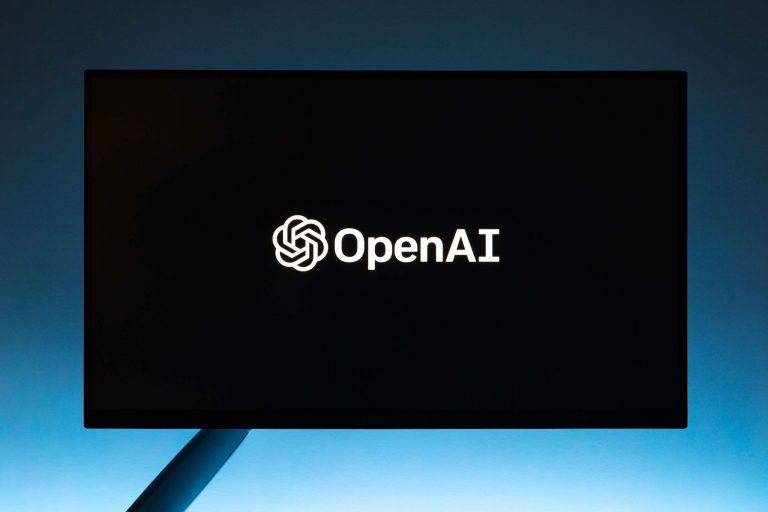OpenAI recently announced that it will be launching its own search platform called SearchGPT. The platform is similar to what Google already offers but it comes with slight improvements that could be detrimental to Google’s business.
The platform looks and works similar to ChatGPT. As you ask a question, it searches information from the web and presents it to you. You can then interact with the search result to get your desired answer.
OpenAI itself claims that its product solves the problem of inefficient searches on Google.
Getting answers on the web can take a lot of effort, often requiring multiple attempts to get relevant results. We believe that by enhancing the conversational capabilities of our models with real-time information from the web, finding what you’re looking for can be faster and easier.
OpenAI
SearchGPT: One step ahead of Google
To realize why SearchGPT is a threat to Google, you need to understand how both work.
Google, for now at least, lists you all the relevant links in response to your queries. However, SearchGPT takes it one step further.
First, it looks for all the relevant information in response to your query. Once it has found it, it not only lists the most relevant results but also explains them.
The explanation part is important, because it is given in direct response to your query. In short, SearchGPT gives you the relevant results while answering your question. With Google, you have to find the answer yourself.
What’s more, if you do not understand the response to a query, or if you think you can add more context and get better results, you can start adding follow-up information or questions.
This way, the existing search is optimized, rather than you having to start from scratch.
It is not yet clear if the new platform will run into regulatory issues. In fact, Google itself will already have studied SearchGPT to see if it can slowdown the platform’s progress.
An argument can be made that by giving explanations along with search results, OpenAI is reducing the traffic that would otherwise go to the website providing the relevant answers.
In short, as the user benefits from an enhanced search experience, websites, bloggers, and other content creators who spend hours making that content do not receive anything in return.
Should investors be worried?
History is full of companies that, once irreplaceable giants in their niche, were completely obliterated by newer technology. One can’t expect Google to end up like one of those companies because it is way more than just a search engine.
However, search is still a major source of its revenue with more than half of its revenue coming directly from Google search. If that revenue goes down, it won’t finish the company, but investors might be in for a rude awakening. It would therefore be in their interest to keep a close eye on SearchGPT developments.
The post OpenAI’s SearchGPT poised to challenge Google’s dominance: Should investors be concerned? appeared first on Invezz



